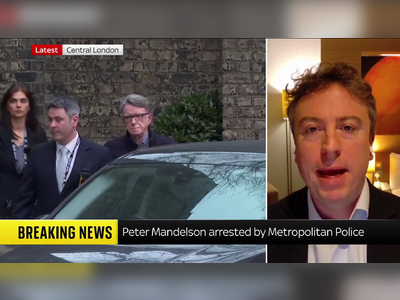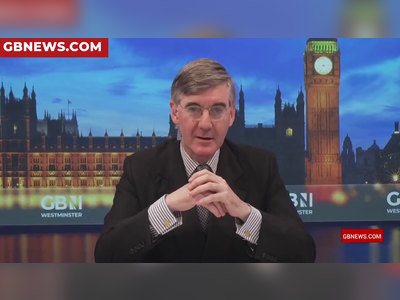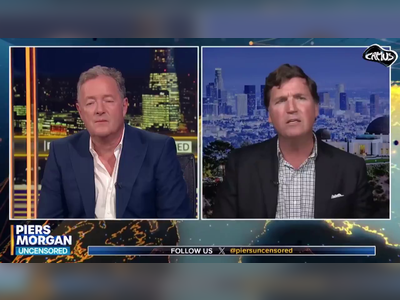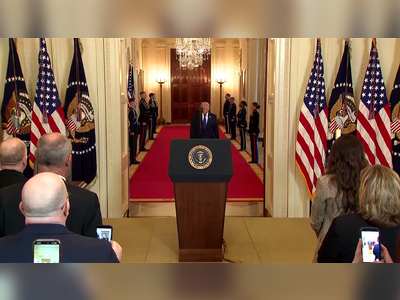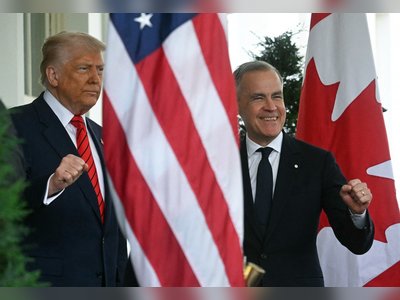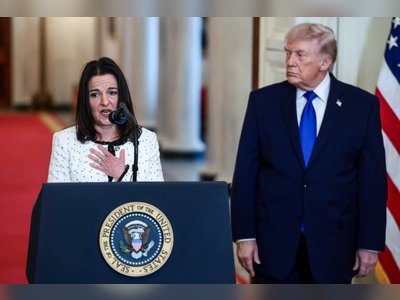OpenAI's Flip-Flop: No Longer Going Commercial, Back to Nonprofit, After Musk Lawsuit and Backlash
After a storm of internal chaos, legal threats, and public criticism, OpenAI—the company behind ChatGPT—has announced it is abandoning its plan to become a fully commercial company. Instead, it will remain under the control of the nonprofit organization that founded it in 2015. This sharp reversal, made under pressure, follows months of controversy over the company’s direction, a high-profile lawsuit by Elon Musk, and growing scrutiny from regulators, academics, and the AI research community.
From Nonprofit to Corporate — and Back Again
OpenAI began as a nonprofit devoted to ensuring artificial intelligence serves humanity, not corporate interests. But in 2019, it adopted a hybrid “capped-profit” model to raise funding while maintaining its mission. Since then, under CEO Sam Altman, the company has steadily moved toward full commercialization—seeking billions in investment and entering advanced talks with SoftBank for a $30–40 billion round.
OpenAI even reached a $3 billion acquisition deal for the AI startup Windsurf, reinforcing its corporate ambitions. But that momentum has now come to a grinding halt.
On Monday, OpenAI’s board chair Bret Taylor announced that instead of transitioning into a standard for-profit structure, the company will become a Public Benefit Corporation (PBC). While still profit-generating, the PBC model is legally bound to pursue public good. OpenAI’s original nonprofit will retain majority ownership, and profits will be directed toward public-interest AI initiatives in areas like health, education, and science.
Elon Musk’s Lawsuit: A Founding Vision Betrayed
A major trigger for the reversal was Elon Musk’s lawsuit against OpenAI. As a co-founder and early funder, Musk accuses the company of betraying its charter by turning into a closed-source, Microsoft-aligned, profit-driven operation. His core arguments include:
- Mission abandonment: OpenAI shifted from open research for humanity to proprietary tools for monetization.
- Corporate capture: Microsoft, a $13.75 billion investor, now wields disproportionate influence.
- Lack of transparency: The organization closed off access to its models and governance.
- Governance failure: The nonprofit's oversight role was compromised in pursuit of profit.
Although a judge declined Musk’s emergency injunction, the court has allowed the case to go to a full jury trial in spring 2026—a major signal that the concerns he raised are not merely philosophical, but legally and ethically serious.
Musk’s position has been supported by declarations from former OpenAI employees, the nonprofit Encode, and letters from Nobel laureates, professors, and civil rights organizations urging regulators to block the corporate shift.
Boardroom Drama: A Pattern of Instability
OpenAI’s credibility has taken multiple hits due to its inconsistent governance. In 2023, CEO Sam Altman was suddenly fired by the board, reportedly over concerns about putting profit above safety. Within 24 hours, he was reinstated after a revolt by investors and employees. Most of the board was ousted.
That episode exposed deep internal fractures between the mission of AI safety and the drive for rapid commercialization. The nonprofit structure meant to ensure balance had been bulldozed by business interests.
The latest flip-flop only reinforces that OpenAI is reactive, not principled—lurching between models based on outside pressure rather than internal clarity.
Microsoft’s Role: Silent but Powerful
Microsoft, OpenAI’s largest investor, has not endorsed the reversal. Negotiations are ongoing to ensure that the shift to a public benefit structure does not affect its investment. This silence speaks volumes: without Microsoft’s backing, OpenAI’s transformation might be more cosmetic than meaningful.
Critics argue that unless the new structure limits Microsoft’s operational control, this could simply be a rebrand of the same corporate direction, dressed up in nonprofit clothing.
A Public Reckoning Over AI’s Ownership
The core question now is not whether OpenAI is nonprofit or for-profit—but who controls AI, and whether that control is truly in the public interest.
OpenAI's repeated changes—from structure to governance to leadership—have eroded trust among regulators, researchers, and even its founders. The organization's habit of shifting direction only when facing backlash or legal pressure paints a picture of a mission in crisis, not stability.
As Elon Musk warned, this isn't just about one company. It’s about the future of AI, and whether it’s being steered by the public’s interests—or dominated by opaque, unaccountable power structures masked in nonprofit language.
OpenAI began as a nonprofit devoted to ensuring artificial intelligence serves humanity, not corporate interests. But in 2019, it adopted a hybrid “capped-profit” model to raise funding while maintaining its mission. Since then, under CEO Sam Altman, the company has steadily moved toward full commercialization—seeking billions in investment and entering advanced talks with SoftBank for a $30–40 billion round.
OpenAI even reached a $3 billion acquisition deal for the AI startup Windsurf, reinforcing its corporate ambitions. But that momentum has now come to a grinding halt.
On Monday, OpenAI’s board chair Bret Taylor announced that instead of transitioning into a standard for-profit structure, the company will become a Public Benefit Corporation (PBC). While still profit-generating, the PBC model is legally bound to pursue public good. OpenAI’s original nonprofit will retain majority ownership, and profits will be directed toward public-interest AI initiatives in areas like health, education, and science.
Elon Musk’s Lawsuit: A Founding Vision Betrayed
A major trigger for the reversal was Elon Musk’s lawsuit against OpenAI. As a co-founder and early funder, Musk accuses the company of betraying its charter by turning into a closed-source, Microsoft-aligned, profit-driven operation. His core arguments include:
- Mission abandonment: OpenAI shifted from open research for humanity to proprietary tools for monetization.
- Corporate capture: Microsoft, a $13.75 billion investor, now wields disproportionate influence.
- Lack of transparency: The organization closed off access to its models and governance.
- Governance failure: The nonprofit's oversight role was compromised in pursuit of profit.
Although a judge declined Musk’s emergency injunction, the court has allowed the case to go to a full jury trial in spring 2026—a major signal that the concerns he raised are not merely philosophical, but legally and ethically serious.
Musk’s position has been supported by declarations from former OpenAI employees, the nonprofit Encode, and letters from Nobel laureates, professors, and civil rights organizations urging regulators to block the corporate shift.
Boardroom Drama: A Pattern of Instability
OpenAI’s credibility has taken multiple hits due to its inconsistent governance. In 2023, CEO Sam Altman was suddenly fired by the board, reportedly over concerns about putting profit above safety. Within 24 hours, he was reinstated after a revolt by investors and employees. Most of the board was ousted.
That episode exposed deep internal fractures between the mission of AI safety and the drive for rapid commercialization. The nonprofit structure meant to ensure balance had been bulldozed by business interests.
The latest flip-flop only reinforces that OpenAI is reactive, not principled—lurching between models based on outside pressure rather than internal clarity.
Microsoft’s Role: Silent but Powerful
Microsoft, OpenAI’s largest investor, has not endorsed the reversal. Negotiations are ongoing to ensure that the shift to a public benefit structure does not affect its investment. This silence speaks volumes: without Microsoft’s backing, OpenAI’s transformation might be more cosmetic than meaningful.
Critics argue that unless the new structure limits Microsoft’s operational control, this could simply be a rebrand of the same corporate direction, dressed up in nonprofit clothing.
A Public Reckoning Over AI’s Ownership
The core question now is not whether OpenAI is nonprofit or for-profit—but who controls AI, and whether that control is truly in the public interest.
OpenAI's repeated changes—from structure to governance to leadership—have eroded trust among regulators, researchers, and even its founders. The organization's habit of shifting direction only when facing backlash or legal pressure paints a picture of a mission in crisis, not stability.
As Elon Musk warned, this isn't just about one company. It’s about the future of AI, and whether it’s being steered by the public’s interests—or dominated by opaque, unaccountable power structures masked in nonprofit language.




